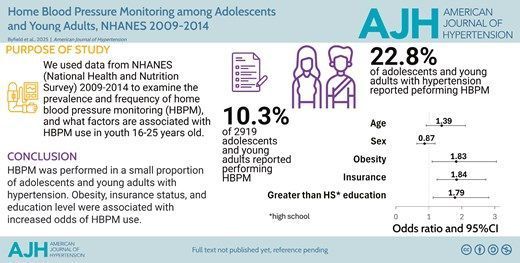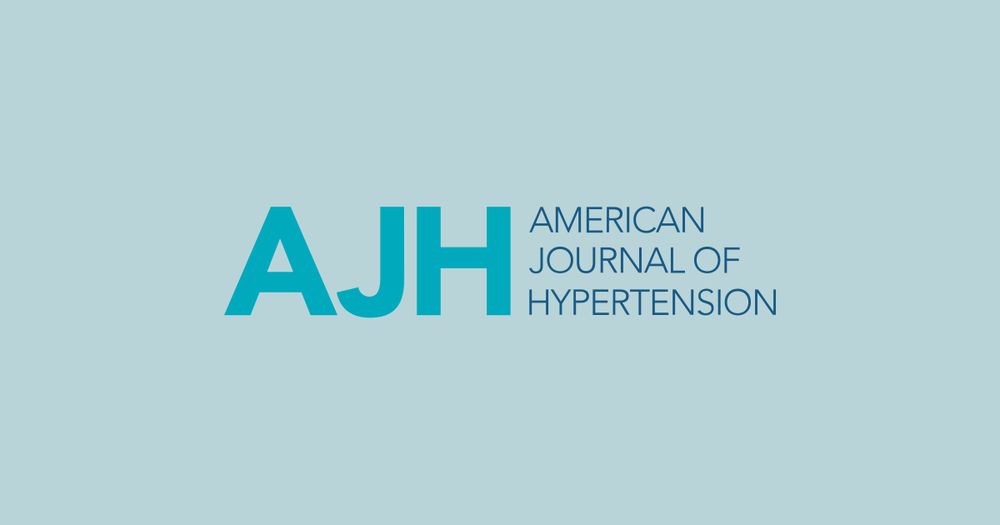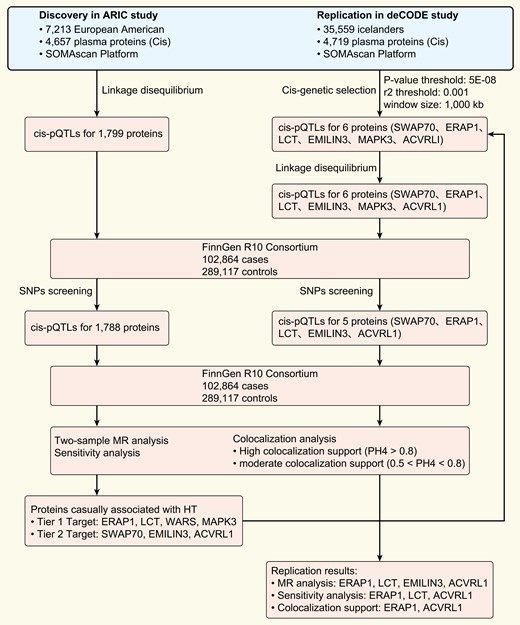
Asst Prof/cardiorenal phys&pharm/@KidneyInCVD/@HyperAHA/@ASPET/@UofUNephrology/#FAHA/#hypertension/#travel /☕️/#foodie Tweets=my own
Pro-neurotensin/Neuromedin N and Hypertension Risk: A Prospective Study
academic.oup.com/ajh/article/...
#Free

Pro-neurotensin/Neuromedin N and Hypertension Risk: A Prospective Study
academic.oup.com/ajh/article/...
#Free
academic.oup.com/ajh/issue/38...
Reviews, commentaries and lots of original reasearch!

academic.oup.com/ajh/issue/38...
Reviews, commentaries and lots of original reasearch!
it's good to show overall importance - but many of these drugs are not predictable - like AIN these effects are somewhat idiosyncratic?
cc @aisha-shaikh.bsky.social @kdjhaveri.bsky.social for more thoughts
it's good to show overall importance - but many of these drugs are not predictable - like AIN these effects are somewhat idiosyncratic?
cc @aisha-shaikh.bsky.social @kdjhaveri.bsky.social for more thoughts
CDK 4/6
BRAF
EGFR
VEGF
and other cancer treatments
#OncoNephrology #NephSky #KidneyWk
jamanetwork.com/journals/jam... from Shuchi Anand et al from @stanfordmedicine.bsky.social

CDK 4/6
BRAF
EGFR
VEGF
and other cancer treatments
#OncoNephrology #NephSky #KidneyWk
jamanetwork.com/journals/jam... from Shuchi Anand et al from @stanfordmedicine.bsky.social
#EditorsChoice from September issue
🔗 academic.oup.com/ajh/article/... 🔓
#Hypertension #HDP #OpenAccess

#EditorsChoice from September issue
🔗 academic.oup.com/ajh/article/... 🔓
#Hypertension #HDP #OpenAccess
🔗 academic.oup.com/ajh/article/... 🔒
#Aldosteronism #Hypertension

🔗 academic.oup.com/ajh/article/... 🔒
#Aldosteronism #Hypertension
🔗 academic.oup.com/ajh/article/...

🔗 academic.oup.com/ajh/article/...
Commentary academic.oup.com/ajh/article-...
Based on
academic.oup.com/ajh/article-...
and
academic.oup.com/ajh/article-...
#Aldosteronism #Hypertension

Commentary academic.oup.com/ajh/article-...
Based on
academic.oup.com/ajh/article-...
and
academic.oup.com/ajh/article-...
#Aldosteronism #Hypertension
🔗 academic.oup.com/ajh/article/... 🔓
#Free #OpenAccess

🔗 academic.oup.com/ajh/article/... 🔓
#Free #OpenAccess
🔗 academic.oup.com/ajh/article/... 🔓
#OpenAccess #Free

🔗 academic.oup.com/ajh/article/... 🔓
#OpenAccess #Free
🔗 academic.oup.com/ajh/article/... 🔒

🔗 academic.oup.com/ajh/article/... 🔒
🔗 academic.oup.com/ajh/article/... 🔒
#Aldosteronism #Hypertension

🔗 academic.oup.com/ajh/article/... 🔒
#Aldosteronism #Hypertension
Commentary academic.oup.com/ajh/article-...
based on
academic.oup.com/ajh/article-...
#Hypertension #Aldosteronism

Commentary academic.oup.com/ajh/article-...
based on
academic.oup.com/ajh/article-...
#Hypertension #Aldosteronism
🔗 academic.oup.com/ajh/article/... 🔓
#OpenAccess #Free

🔗 academic.oup.com/ajh/article/... 🔓
#OpenAccess #Free
Glomeruli and Blood Pressure: Less of One, More of the Other?
academic.oup.com/ajh/article-...
from Brenner, Garcia and Anderson, 1988

Glomeruli and Blood Pressure: Less of One, More of the Other?
academic.oup.com/ajh/article-...
from Brenner, Garcia and Anderson, 1988
academic.oup.com/ajh/article-...
based on
academic.oup.com/ajh/article-...

academic.oup.com/ajh/article-...
based on
academic.oup.com/ajh/article-...
🔗 academic.oup.com/ajh/article/... 🔓
#EditorsChoice #Free

🔗 academic.oup.com/ajh/article/... 🔓
#EditorsChoice #Free
🔗 academic.oup.com/ajh/article/... 🔒

🔗 academic.oup.com/ajh/article/... 🔒
🔗 academic.oup.com/ajh/article/... 🔒

🔗 academic.oup.com/ajh/article/... 🔒
🔗 academic.oup.com/ajh/article/... 🔒

🔗 academic.oup.com/ajh/article/... 🔒
🔗 academic.oup.com/ajh/article/... 🔒

🔗 academic.oup.com/ajh/article/... 🔒
academic.oup.com/ajh/advance-...
#WeekendReads from the #AdvanceArticles section

academic.oup.com/ajh/advance-...
#WeekendReads from the #AdvanceArticles section
academic.oup.com/ajh/article-...

academic.oup.com/ajh/article-...
Two-Day ABPM-Derived Indices and Mortality in Hemodialysis Patients
academic.oup.com/ajh/article/...

Two-Day ABPM-Derived Indices and Mortality in Hemodialysis Patients
academic.oup.com/ajh/article/...
Does Reserpine deserve a Relook for Resistant Hypertension?
academic.oup.com/ajh/article/...
#Free

Does Reserpine deserve a Relook for Resistant Hypertension?
academic.oup.com/ajh/article/...
#Free

